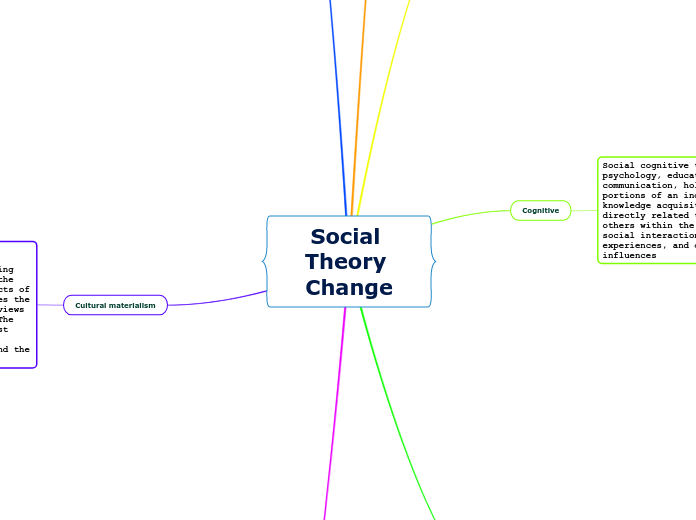door Alexis Meloche 4 jaren geleden
260
Social Theory Change
Functionalism posits that the structure of society is paramount, emphasizing the necessity of established rules for societal cooperation and stability. This top-down approach views social organization as more crucial than individual actions.









